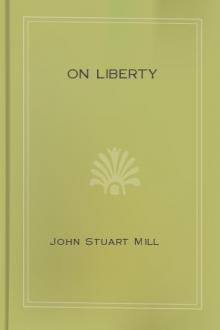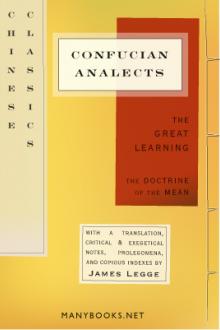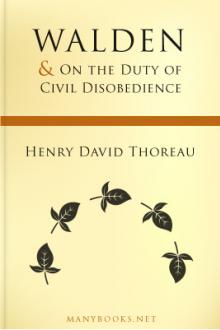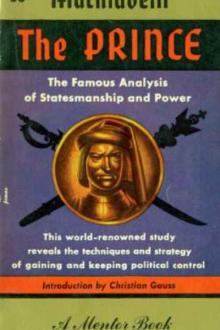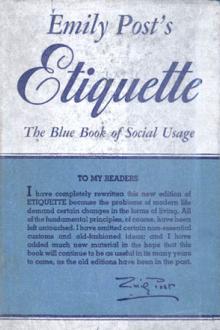Robert's Rules of Order
Robert's Rules of Order
for Deliberative Assemblies
There appears to be much needed a work on parliamentary law, based, in its general principles, upon the rules and practice of Congress, and adapted, in its details, to the use of ordinary societies. Such a work should give, not only the methods of organizing and conducting the meetings, the duties of the officers and the names of the ordinary motions, but in addition, should state in a systematic manner, in reference to each motion, its object and effect; whether it can be amended or debated; if debatable, the extent to which it opens the main question to debate; the circumstances under which it can be made, and what other motions can be made while it is pending. This Manual has been prepared with a view to supplying the above information in a condensed and systematic manner, each rule being either complete in itself, or giving references to every section that in any way qualifies it, so that a stranger to the work can refer to any special subject with safety.
Book Excerpt
s can be
made, what is their order of precedence, which can be debated, what is
their effect, etc., the common law of the land is settled by the
practice of the U. S. House of Representatives, and not by that of the
English Parliament, the U. S. Senate, or any other body.
While in extreme cases there is no difficulty in deciding the question as to whether the practice of Congress determines the common parliamentary law, yet between these extremes there must necessarily be a large number of doubtful cases upon which there would be great difference of opinion, and to avoid the serious difficulties always arising from a lack of definiteness in the law, every deliberative assembly should imitate our legislative bodies in adopting Rules of Order for the conduct of their business.* [Where the practice of Congress differs from that of Parliament upon a material point, the common law of this country follows the practice of Congress. Thus in every American deliberative assembly having no rules for conducting busin
Editor's choice
(view all)Popular books in Non-fiction, Reference, Politics
Readers reviews
5.0
LoginSign up
I'VE HEARD Robert's Rules of Order BEFORE. I THINK I WILL BECOME LEARNED FROM IT.
IT MUST BE A HERITAGE BY HUMAN.
IT MUST BE A HERITAGE BY HUMAN.
- Upvote (0)
- Downvote (0)
Im in speach and debate so this book was usefull to have on my PDA.
06/26/2006
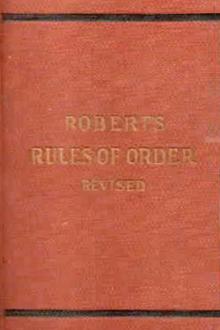
 Free Download
Free Download















